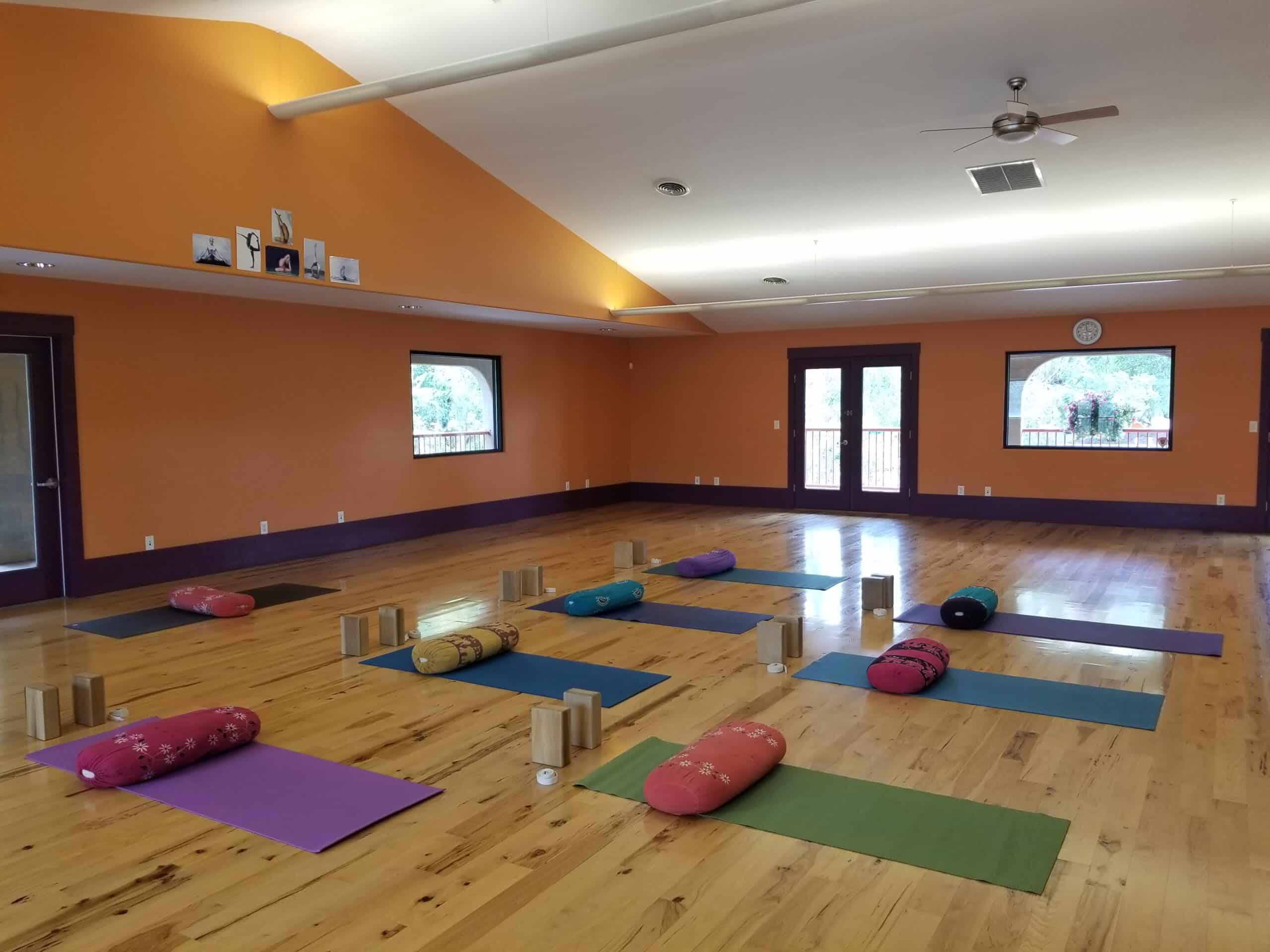Can Meditation Heal The Nation? | By Julia Clarke
You’ve heard about the benefits of meditation, ranging from improved productivity to heart and gut health. Now, experts are closing in on how and why meditation works not just for you personally but for society as a whole.
In a new review article titled Neuroadaptability and Habit: Modern Medicine and Ayurveda, Dr. Robert Keith Wallace and Ted Wallace, both of Maharishi International University in Iowa, examined the effect of Transcendental Meditation (TM) on our ability to adapt to stress. Neuroadaptability describes the wide spectrum of physiological responses we have to stress. When you are first exposed to a stressor — let’s say, a deep stretch in yoga — your nervous system braces against it to protect you, but repeat the experience and you will build a neural pathway that recognizes the sensation as safe, and your response to it will lessen to it over time. You’ve adapted, which means you won’t find the repeat experience so challenging.
Your body has an extraordinary ability to maintain coherence under stress, but the authors of the article propose that stress diminishes this ability over time.
“Acute, short-term stress diverts our energy and attention towards survival mechanisms and causes problems with everything from gut health to anxiety and depression. Long-term, chronic stress seems to have an amazingly powerful effect on changing not only neuropathways but the basic expression of genres in the DNA, and there are certain areas of the brain that get completely modified to the point where it affects our ability to adapt to anything,” explains Dr. Keith Wallace, citing climate change and COVID as two chief factors accelerating this shift.
The 2020 Stress in America survey found nearly 80% of adults reported increased stress due to the pandemic. For a while, your body can usually metabolize stress hormones, but according to the law of diminishing returns, at a certain point your system becomes unable, or less able, to cope.
So, how does this impact society? Well for starters, we are all stressed now as Wallace pointed out. Second, our inability to cope with stress impacts all of our decisions and behaviors. In other words, it starts to affect everyone around you.
Let’s say you’ve spent the last two years worrying about the future, finances and health — after all, who hasn’t? You toss and turn all night and wake up each morning groggy and pessimistic. You snap at your significant other at the breakfast table over something small. They go to work feeling grumpy and take it out on their co-workers. It’s not the end of the world this one time, but when it becomes chronic it’s like dropping a pebble into the center of a still lake. The stress you’re marinating in ripples throughout your whole community.
The article proposes that meditation can essentially provide a circuit breaker in this toxic cycle by restoring your coping mechanism, even in people suffering from trauma and PTSD.
“We didn’t realize how permanently stress can influence our decision making, our happiness, our sense of inner stability. When you bring in meditation, it has a quite remarkable effect on some people suffering long-term stress,” Wallace continues.
When you bring in meditation, it has a quite remarkable effect on some people suffering long-term stress.
The research indicated that meditators habituated significantly faster than the non-meditators to unpleasant tones being played at regular intervals. Their cortisol levels remained lower at average and base levels but increased under stress at a higher level, meaning the subjects were quicker to respond to stress and quicker to recover afterwards.
The article concludes that by improving neuroadaptability, meditation results in better physical and mental health. This enables you to experience more freedom from the deleterious effects of living in an unstable environment, which Wallace surmised is more important now than ever.
“We need something to protect ourselves. If climate change continues to get worse, if COVID is going to stay with us, then we need to work from the other side,” he says.
Further, Wallace suggested that we have a real responsibility to teach kids how to be more adaptable, adding, “It’s just not fair to bring kids up in this world and not give them the tools so that they can actually manage.”
With meditation, you wake up after another restless night, but before going downstairs you sit for 20 minutes. Your cortisol levels decrease and you feel more relaxed and positive. You go downstairs and don’t respond so sharply to everyday stressors. After breakfast, you go to work where you are a little kinder, more creative and productive, which benefits everyone you come into contact with in some small way. You sleep better that night, so you’re more rested and the cycle of harmony begins again. Same lake, same number of ripples even, but different pebble. Meditation, it seems, might just be the tonic we need.
Photo by Jack Affleck.
Originally published in the Winter + Spring 2021-22 issue.
Destined to be your daily companion, this backpack to tote-bag is an ideal piece from morning to evening. [...]

Subscribe to Our Tribe
Stay up to date with Y+L News, Events and special announcements.










